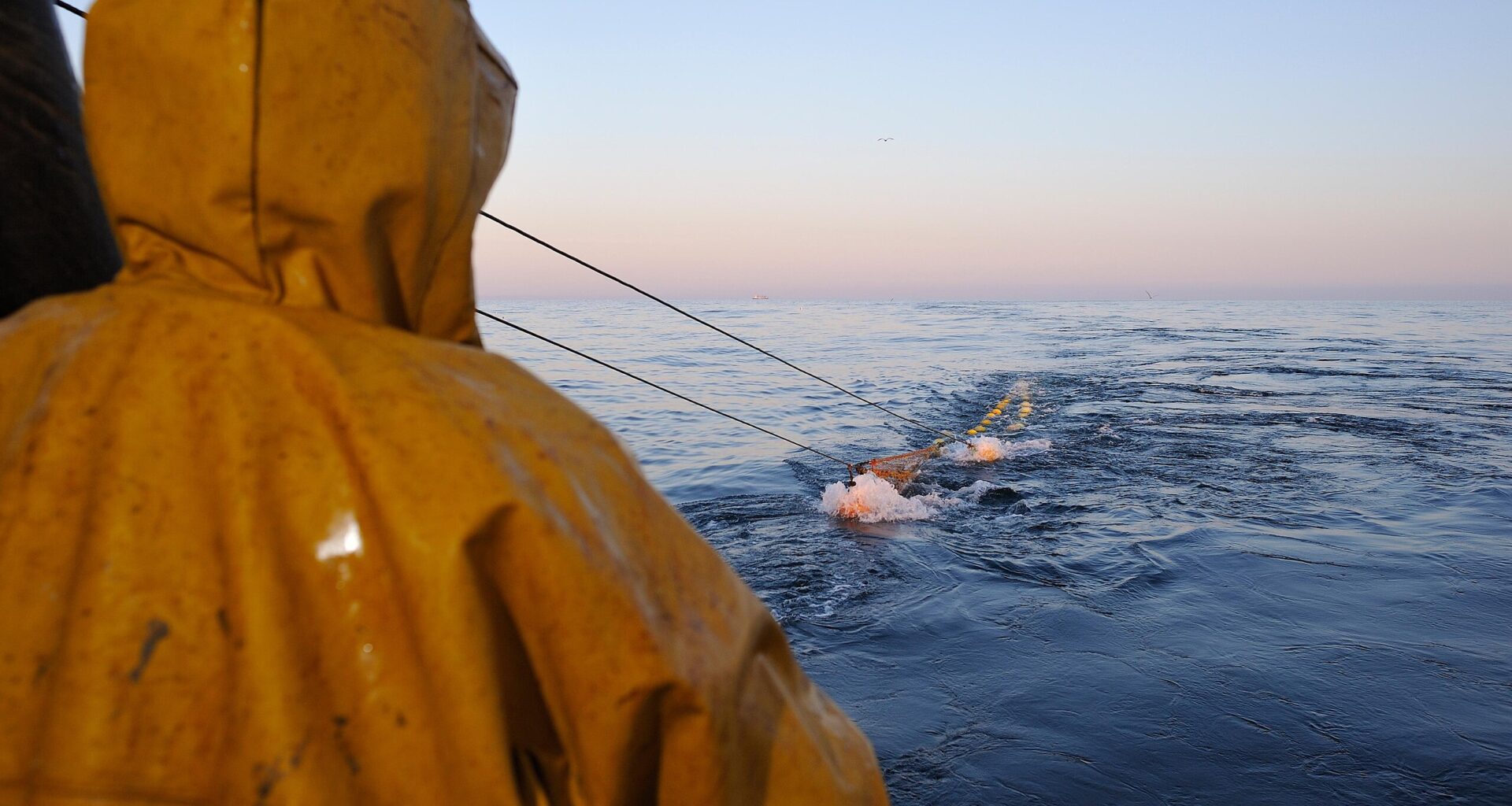The UK government has rejected recommendations for whole-site bans on bottom-trawling within marine protected areas, citing blanket bans as ‘disproportionate and not in line with legislation, despite the recognition of the destruction it brings to domestic seabeds.
In June this year, Members of Parliament – a cross-party House of Commons Environmental Audit Committee – called on the Government to ban activities that damage the seabed, including bottom-trawling, dredging, and mining in offshore Marine Protected Areas.
At the time of the publication of the audit, the UK’s Minister for Water, Emma Hardy told the Committee that the government was “committed to not having bottom-trawling in areas that damage marine protected areas, especially when they are attached to features that we are trying to protect.”
It was announced later that month that the government was to enter a consultation phase over the ban of bottom-trawling from 41 marine protected areas within English waters. That consultation is still ongoing and so far, plans have not deviated.
In response, however, to the 16 recommendations across four main areas (marine governance and stakeholder engagement, marine planning, marine protection and recovery, and international marine treaties), the government has rejected those calls for a ‘blanket ban of bottom-trawling in protected areas.’
“Our approach is to only restrict fishing which is assessed as damaging to the specific protected features in each MPA, based on advice from the Statutory Nature Conservation Bodies,” said the UK government. “Sometimes management measures will involve a ban across the whole site, where the features to be protected cover the whole site, and in other cases they will not.
“Defra is working to ensure damaging practices do not occur within our MPAs where they could harm protected habitats and species, but blanket bans are disproportionate and not in line with legislation.”

